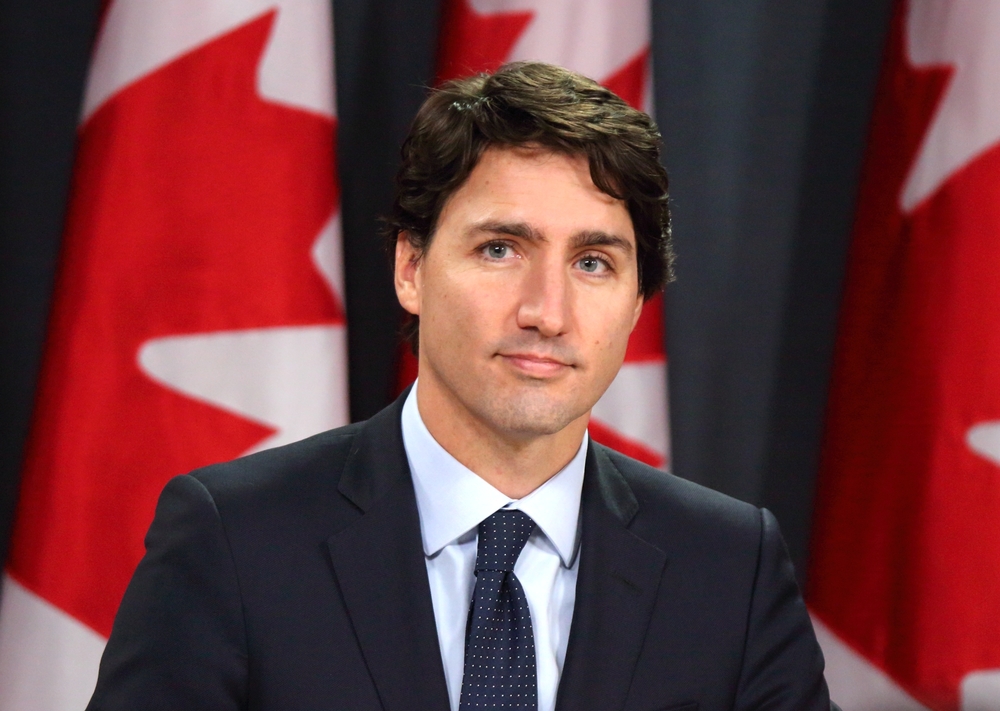Industry cautiously welcomes news of Liberal minority government

As the dust settles on Monday's election result, stakeholders weigh in on what a minority government could mean in the context of legislative reviews and platform pledges.
The Canadian film and TV industry is today assessing the implications of Monday’s federal election result, which saw Justin Trudeau’s Liberal Party earn a second term but fall short of the required number of seats to form a majority government.
The re-election of the Liberal Party, which has been widely considered as a supporter of the domestic film and TV sectors over the past four years, will be welcomed by the local industry. During its four years as a majority government, the Liberals have restored funding to the CBC, initiated a nationwide consultation process examining the role of Cancon in a digital age, provided stabilization funding to the CMF and undertaken a review of the Broadcasting and Telecommunications Acts.
However, the Party’s reduction to a minority government raises a number of questions about where the industry goes from here – and whether its ability to deliver on its platform pledges could be impeded.
In its election platform, the Liberal government had pledged to, in its first year, move forward with legislation “that will take appropriate measures to ensure that all content providers – including internet giants – offer meaningful levels of Canadian content in their catalogues, contribute to the creation of Canadian content in both official languages, and promote this content and make it easily accessible on their platforms,” in addition to doubling Telefilm’s annual budget.
While the fallout of last night’s election result will likely continue for some time, many have predicted the Liberals could work with the New Democratic Party (NDP), which would give them more than the required 170 seats to form a majority. (The Liberals won 157 seats while the NDP won 24).
ACTRA National president David Sparrow welcomed the outcome of the election, adding that, based on pre-election surveys it conducted with the main parties, the Liberals and NDP made the strongest statements in support of initiatives including CBC funding, regulation of internet giants and the notion that OTTs should contribute to the Canadian system.
“I was pleased to see the results, which show that those two parties that spoke most definitively on those subjects, could work together to ensure there’s a better outcome for Canadian artists, Canadian culture and continuing to project Canadian voices to the world,” he told Playback Daily.
Meanwhile, David Zitzerman, head of the Entertainment Law Group at Goodmans LLP, said that, should the NDP support the Liberals, it could in fact mean the Liberals are even more likely to introduce legislation that benefits the cultural industries in Canada.
“When it comes to culture, I think it’s more likely that the Liberals will introduce some of these measures now that they’re going to need the support of the NDP,” said Zitzerman, who added that, in the context of the screen-based industries, “the minority government will probably not have a much different impact than if the Liberals had won a majority.”
Though there remains uncertainty about how the various parties will choose to move forward in the coming weeks and months, the industry has expressed cautious optimism as it looks ahead to the next phase of the legislative review of the Broadcasting and Telecommunications Acts in January, when the Janet Yale-led committee will submit a recommendations report to government.
“Now that the election is settled, we need the federal parties to move forward and pass legislation as soon as possible to bring the OTTs, ISPs and WSPs into the system to redress the severe declines in Canadian content production and the migration of our talent to the US. Given the Liberals’ express support of such measures prior to the election, we are cautiously optimistic that these changes can be enacted swiftly,” said WGC executive director Maureen Parker.
The Liberal platform also pledged to almost double federal funding to Telefilm Canada in a move that has drawn unanimous support from various industry organizations. In a statement issued Tuesday, CMPA president and CEO Reynolds Mastin welcomed the opportunity to collaborate with government to address Telefilm’s annual budget, as well as making strides towards legislation that forces foreign-based streaming services to contribute to the creation of domestic content.
“The CMPA stands ready to work with elected officials in Ottawa to implement an annual funding increase for feature film producers through Telefilm Canada, and to ensure that all content providers – including internet giants – contribute to the creation of Canadian content,” he said.
Image: Shutterstock

 The definitive CDN broadcast and production resource.
The definitive CDN broadcast and production resource.










